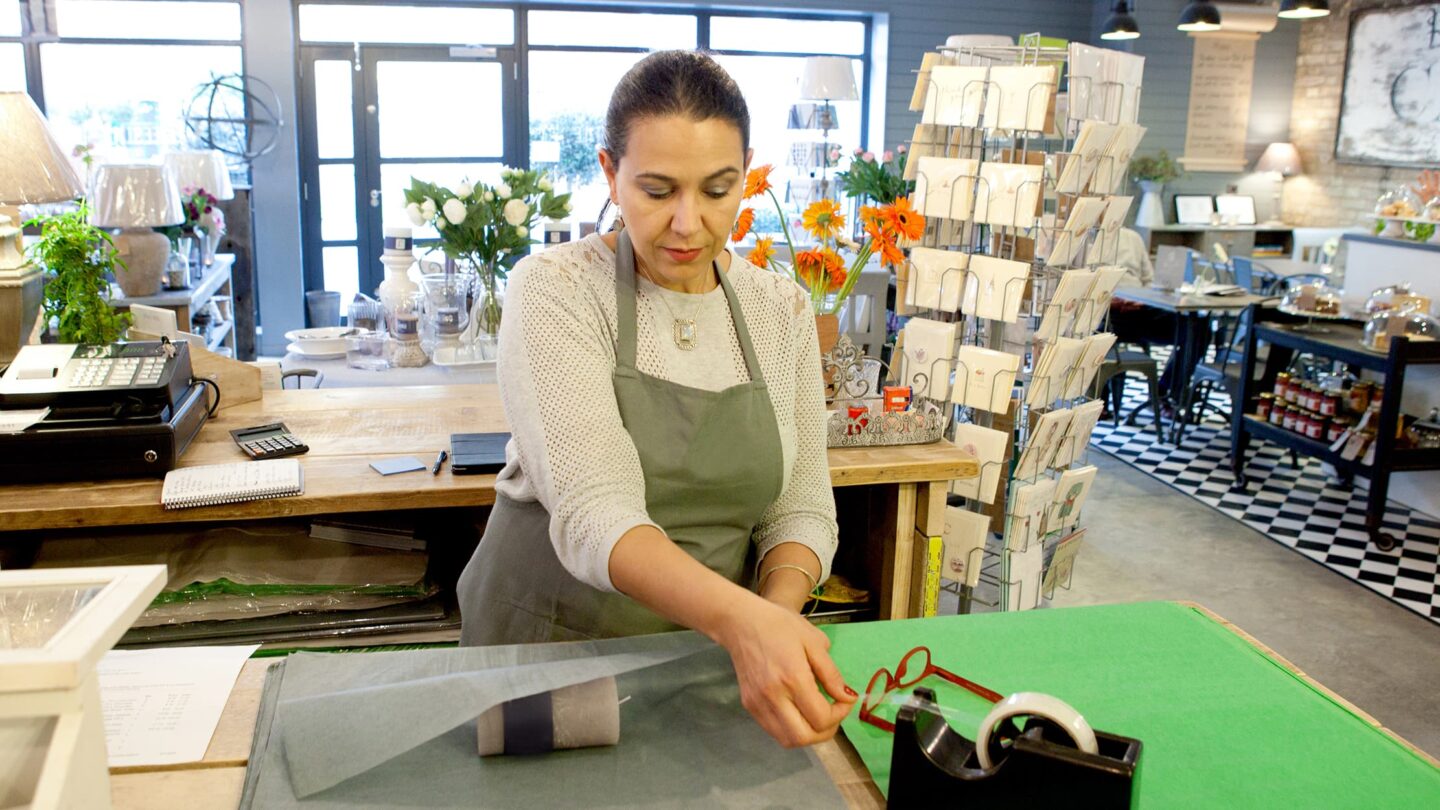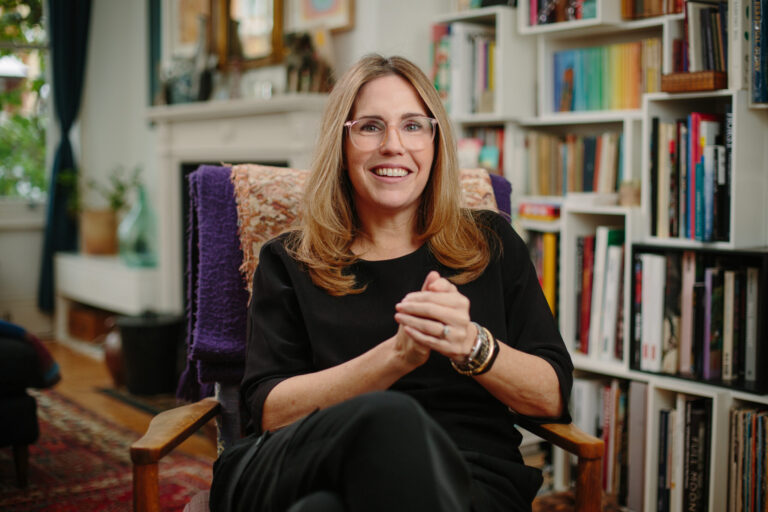Season 3: Building business resilience
Why all businesses can (and should) incorporate sustainability

A recent report conducted by First Insight found that 72% of consumers consider sustainability in purchasing decisions; essentially choosing products and services that are better for people or the planet over ones that aren’t.
This is just one of the reasons all businesses should incorporate sustainability–and if you haven’t already, it’s not too late.
Take consumer goods company Unilever, for example.
They declared that brands from their sustainability portfolio grew at a faster rate than others–brands like Dove, Ben & Jerry’s, Seventh Generation and Lifebuoy.
They didn’t start with a sustainability mission but incorporated it over time and became more successful as a result.
If well-established brands can do it, then you–as a dynamic and agile business–can do it too.
So what exactly is a sustainable business?
Put simply, a sustainable business delivers value to people and the planet beyond its commercial goals.
We never had to consider this in the past, so why now?
The data surrounding the climate emergency is indisputable.
Rising global temperatures are fuelling natural disasters, weather extremes, food and water insecurity, and economic disruption for communities all over the world.
Small and medium-sized businesses (SMBs) have a big role to play in addressing these issues. There are currently 6 million SMBs employing 60% of the workforce in the UK, according to gov.uk.
Imagine the impact we could make if we all took steps to reduce our carbon emissions today.
It’s what our consumers want
We can see consumers voting for change with the rise of plant-based foods, electric vehicles, healthier foods, and eco brands.
If you want your business to have longevity, a competitive edge, be resilient and profitable, you need to go where your consumers are.
Sustainability is becoming a mandatory requirement
The UK Government is urging millions of businesses to take small and practical steps to reduce their carbon footprint and commit to cutting their emissions in half by 2030 and to net zero by 2050. The UK Business Climate Hub is a brilliant resource for small businesses at any stage of their journey.
If you are in the supply chain for bigger businesses–who are also under pressure to decarbonise–they will expect the same from you. In fact, there are now penalties like carbon and plastic tax for businesses operating in a traditional way and incentives for businesses and consumers to act sustainably.
There are additional benefits too
Sustainability gives your business meaning and connects you to your purpose.
Back when we founded smol in 2018, the most important thing for me was to do something that really mattered.
Having a purposeful business brings inner fulfilment to you and your team. You will find it easier to recruit and retain staff and they will be more committed to making a difference.
It’s not too late to reinvent your business
If Unilever hadn’t made the brave decision to shift direction nearly 15 years ago, it could be argued its brand portfolio would now be off pace relative to consumer needs, government requirements, and the appetite for purpose-driven brands.
Whether you are starting a new business or have had a strong business for many years, it’s not too late to think about sustainability. You can incorporate it into what you do; before you know it, everyone will think that is where you started.





Leave a comment